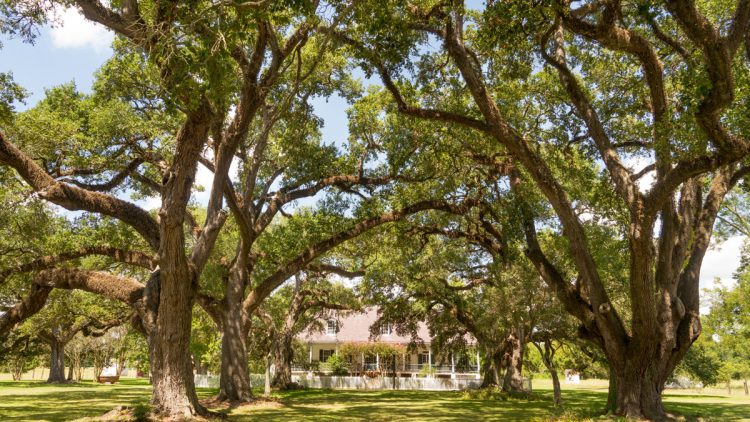What is Adverse Possession?
Homeowners do not want unwanted intruders on their property. When this happens repeatedly or threats are issued by the trespasser, the police can be called. Read on to learn more.
Another method of trespass involves using another’s property as an owner would use it. A neighbor who puts up a fence two feet over the boundary line is also trespassing. Sometimes they will claim ownership, under a legal doctrine known as adverse possession.
Definition of Adverse Possession
Through adverse possession, a trespasser can gain ownership of just a few feet of property or hundreds of acres. Sometimes it happens through an honest mistake, perhaps from an incorrect property description.
How Adverse Possession Claims End Up in Court
If questions about ownership of land arise, and the people involved cannot work out a resolution, then the issue might end up in court. The property owner can sue the trespasser (for example, the neighbor whose garage is encroaching), or the trespasser might bring a lawsuit to “quiet title”—a request for the court to settle who owns what.
Legal Requirements for an Adverse Possession Claim to Land
When courts look at adverse possession claims, they apply a four-factor test. To qualify as adverse possession, the trespasser’s occupation of the land must be:
- hostile
- actual
- open and notorious, and
- exclusive and continuous for a certain period of time (typically measured in years).
Adverse Possession Requires a Hostile Claim
- Courts follow one of three legal definitions of “hostile” when it comes to adverse possession.
- Simple occupation. This rule (followed by most states today) defines “hostile” as the mere occupation of the land.
- Awareness of trespassing. This rule requires that the trespasser be cognizant that his or her use of the property amounts to trespassing.
- Good faith mistake. A few states follow this rule, which requires the trespasser to have made an innocent good faith mistake in occupying the property in the first place.
Adverse Possession Requires Actual Possession of the Land
The second prong of the test that courts apply requires that the trespasser actually possess the property (be physically present there) and treat it as an owner would.
Adverse Possession Requires Open and Notorious Possession
“Open and notorious” means that it must be obvious to anyone—including a property owner who makes a reasonable effort to investigate—that a trespasser is on the land.
Adverse Possession Requires Exclusive and Continuous Possession
The trespasser must possess the land exclusively (that means the trespasser cannot share possession with strangers or the owner) and without interruption for a certain period of time.
How to Prevent Adverse Possession
- Post “no trespassing” signs and block entrances with gates.
- Give written permission to someone to use your land, and get their written acknowledgement.
- Offer to rent the property to the trespasser, thus making the relationship official.
- Call the police.
- Hire a lawyer. You might need to file a lawsuit to eject the trespasser from the landlord. Getting Help With Trespassers
Source: https://www.nolo.com/legal-encyclopedia/adverse-possession-trespassers-become-owners-46934.html
Real Estate Expert Witness Services by Craig Cherney, Esq.
Craig Cherney is a trusted client advisor and a sought after real estate lawyer and expert witness who is hired by the nation’s top Real Estate Litigation Attorneys to help resolve their litigated real property matters. Craig has appeared as a testifying expert witness before judges and juries in California, Arizona, Nevada and other jurisdictions across the country. Craig Cherney, Esq. Expert Witness Real Estate. 480-399-2342. If you are litigating an easement case, Craig Cherney might be able to help you advance and win your case.
